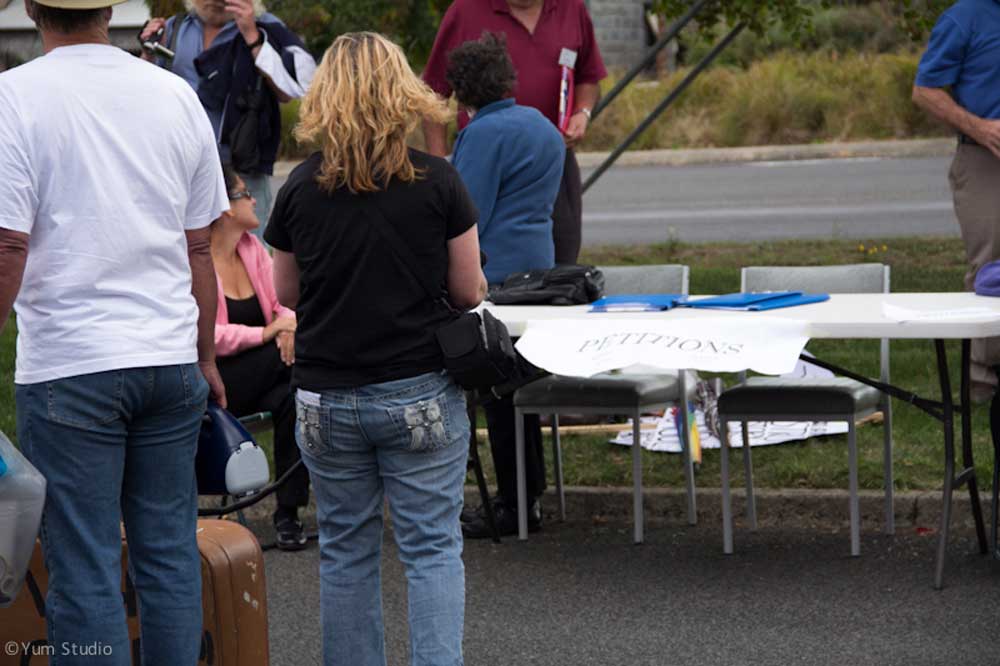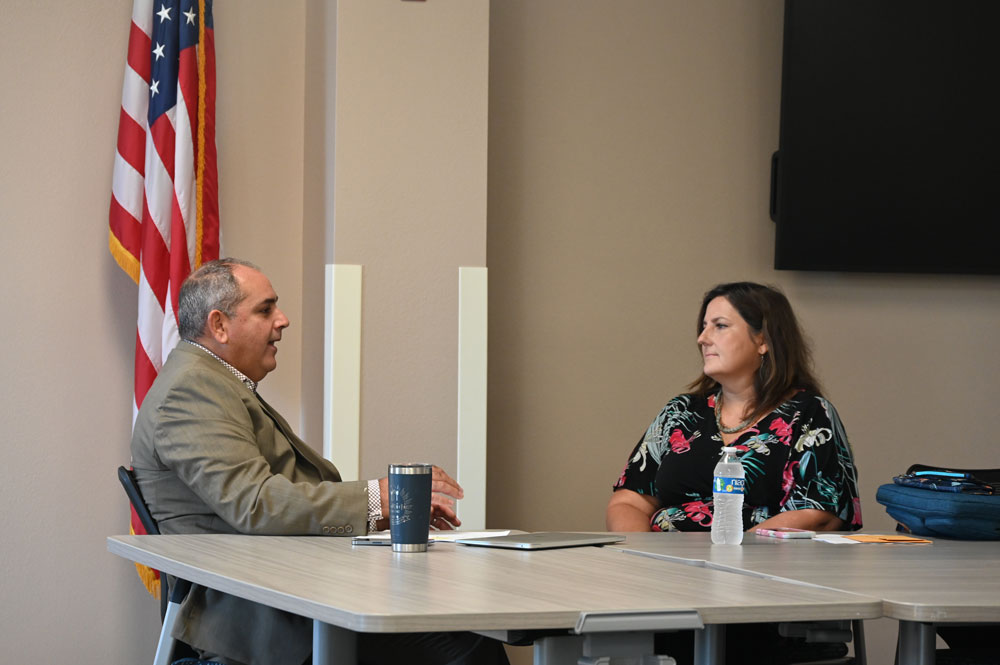A Florida teacher who contested a state law that prohibited transgender instructors from using their preferred pronouns while performing their official duties in the classroom was unsuccessful in her case before a federal appeals court.
Katie Wood, a transgender math teacher in Hillsborough County, is at the center of the dispute. After a law was established in 2023 stating that public school staff are not allowed to use pronouns that do not correspond with their kids’ birth sex, an unchangeable biological characteristic, she filed a lawsuit against the state.
The U.S. Court of Appeals for the Eleventh Circuit’s three-judge panel decided against Wood. Most people questioned whether her use of pronouns and words when engaging with pupils in the classroom was private or related to her job.
In his 14-page judgment, Judge Kevin Newsom stated, “We believe this to be a straightforward case given the statute’s relatively limited sweep and, even more so, the narrowness of Wood’s challenge.” A public school teacher is undoubtedly carrying out [her] official obligations when she speaks to her students in a classroom, whether vocally or in writing.
While avoiding titles and pronouns would be inconvenient, unpleasant, and stigmatizing, Wood contended that the statute infringed upon her First Amendment rights and that using the pronouns he/him would cause mental distress, put her at risk for physical harm, and disrupt the classroom.
Former President Barack Obama’s district judge, Mark Walker, in Tallahassee, ordered a preliminary injunction after ruling during the trial that it was highly probable the statute infringed against Wood’s right to free expression.
That injunction was revoked by the appeal court.
The majority concluded that when Wood wrote her pronouns on the whiteboard and syllabi, wore a pin with them, and gave them verbally, she was behaving as a teacher rather than a private citizen.
We maintain that by temporarily halting [the statute’s] enforcement against Wood, the district judge misused its discretion and misapplied the law. Therefore, we remand the matter for proceedings consistent with this conclusion and vacate the district court’s order,” Newsom said.
Among other things, the 2023 law expanded the previous year’s Parental Rights in Education Act, popularly known as Don’t Say Gay. The purpose of the measures is to limit the discussion of gender identity and sexual orientation in public schools.
Additionally, Newsom said, “We don’t need to address any of the remaining preliminary-injunction factors because Wood can’t demonstrate a likelihood of success on her First Amendment claim.”
Judge Adalberto Jordan stated in a dissenting opinion that a teacher’s pronouns and personal titles are important indicators of her identity, much like her name.
They are independent of the government and the school and do not rely on either for their survival. In other words, Jordan argued that even if Ms. Wood did not teach in a public school, she would still identify herself to others using her preferred personal title and pronouns.
According to Jordan, it’s unclear why Woods’ First Amendment argument should be rejected.
Jordan said that we should exercise caution when interpreting anything that occurs in a classroom as government speech that is not covered by the First Amendment. When their opponents are in power, those who control the government now and are on one side of the gender and cultural conflicts run the risk of being silenced or forced to talk against their convictions. Then, today’s viewpoint won’t seem as appealing.
Jordan and the trial court were skeptical that high school pupils would interpret her preferred pronouns and personal title as Florida’s acceptance of her transsexual identity.
Obama appointed Jordan, then during his first term, President Donald Trump appointed Newsom and Judge Andrew Brasher, who supported Newsom.
Florida’s Jay Waagmeester The Phoenix












